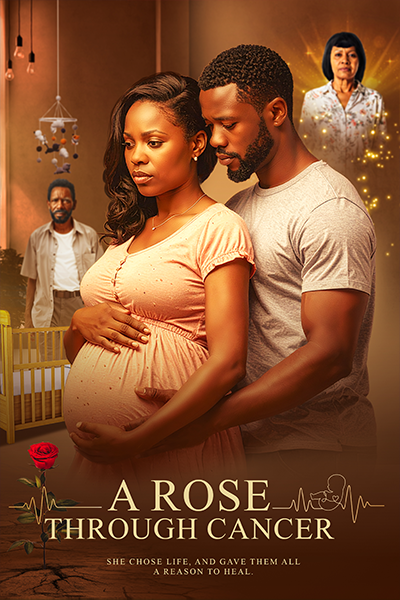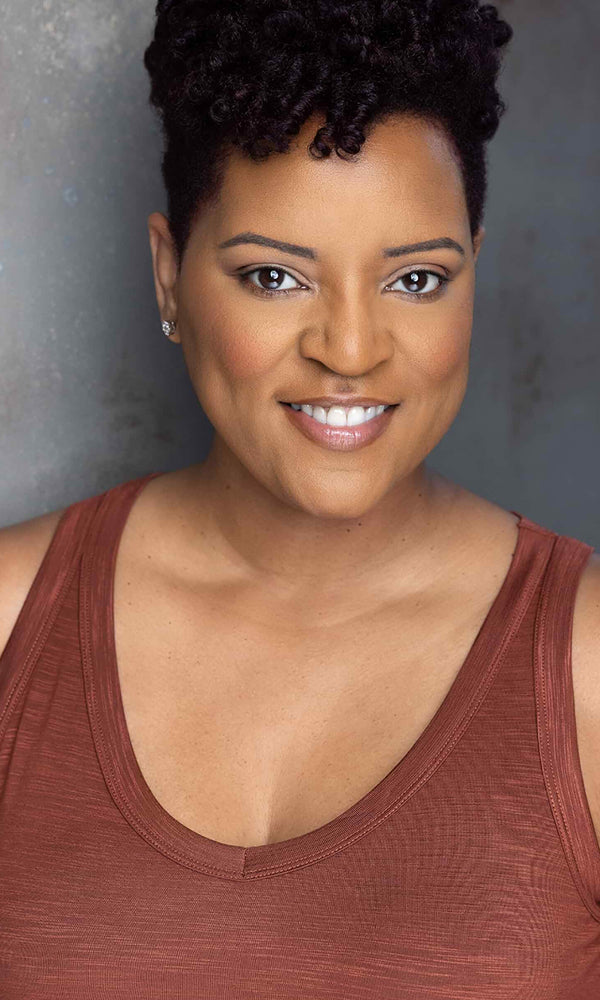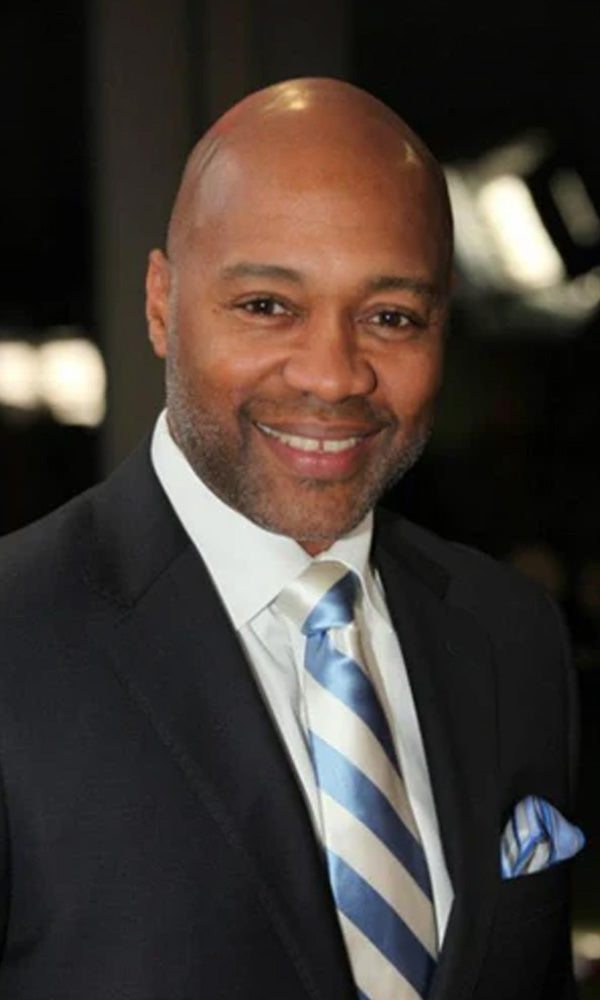A Rose Through Cancer

SYNOPSIS
A Rose Through Cancer is a poignant drama centered on Armond and Clarissa Delaney, a deeply in-love couple longing to start a family. Their dreams are shattered when Clarissa discovers she is pregnant but also diagnosed with cancer. Tensions arise as Armond, family, and doctors urge her to terminate the pregnancy to prioritize her health, while Clarissa is determined to give him the child they have always desired.
As Clarissa chooses to forgo treatment and carry the baby to term, she makes the ultimate sacrifice, demonstrating her unwavering love for Armond. This decision also leads to unexpected healing within Armond's estranged relationship with his father, who has been embittered by the loss of his wife to cancer.
Throughout the journey, Clarissa's strength and love help mend the fractured bond between father and son, culminating in the birth of their daughter, Rose. The film explores themes of love, sacrifice, and the complexities of family relationships, showcasing the transformative power of hope amidst adversity.
Status: In Post-Production
Genre: Drama, Christian
Omni United Studios Role: Associate Producer
In Association with: Blue Print Productions

DIRECTORS INTERVIEW
"What personal truth or experience inspired this story, and how did you translate that into the film's emotional core?"
Tiffany: “ My truth is the desire for unconditional love and having a person who accepts you and loves you no matter what. In this story, the love that Clarissa and Armond share is a deep, unconditional love that transcends the basic meaning. Their love comes with unapologetic sacrifice and appreciation. This love is what people talk about, but very few experience.
---
"What creative risks did you take during production, either in storytelling, casting, or technique, and how did they pay off or challenge you?"
Tiffany: The story in itself is a creative risk. The decision and sacrifice for some will be unbelievable; however, the lead actors give real-life emotions that give the story the wings it needed. Also, I would say that happy endings are relative to the situations and perceptions of the viewer. Some will see the happy ending, and others will not.
---
"If audiences could walk away remembering only one scene or feeling from your film, what would you want it to be, and why?"
Tiffany: “It would be the scene when Armond realizes that he can’t change his wife’s mind about her decision, and decides to give her more love and support. This shows that love supersedes even the unimaginable situations, much like our creators' love.”





